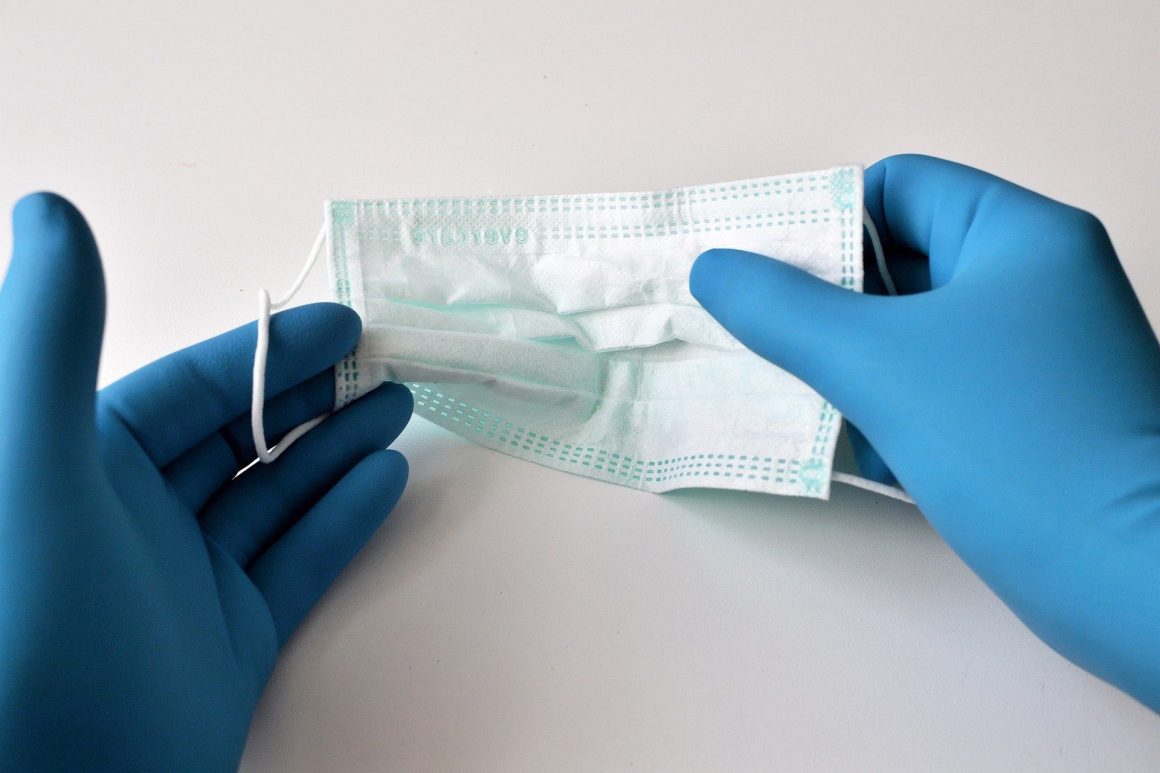After months of self-quarantining, remote working, and turning masks into an essential face accessory, there are worrying signs that the public’s motivation to continue following COVID-19 precautionary measures is starting to lax in Qatar – a response that experts call “caution fatigue.”
Since late March, Qatar has been implementing a precautionary plan to tackle the spread of COVID-19 in the country, which included imposing a partial lockdown and enforcing a strict mask policy. Months later, authorities announced the start of the gradual lifting of restrictions, with the final stage [phase 4] kicking off earlier this month.
However, after months of following guidelines, people have seemingly started to show signs of weariness – potentially putting themselves and others in harm’s way.
This might explain a spike in COVID-19 cases on Tuesday, the highest since mid-august, with 313 new cases reported by the health ministry.
Based on extensive 15-year research into depression, anxiety and decision-making, Jacqueline Gollan, an associate professor of psychiatry and behavioural sciences at the Northwestern University Feinberg School of Medicine, has named this phenomenon “caution fatigue.”
In an interview with the Time, Gollan likens this to a battery.
At the beginning of the lockdown, people were motivated and charged with energy to wear masks, put on gloves, and disinfect after touching something—all to keep themselves safe and flatten the curve. However, after weeks of stress, anxiety, isolation, and disturbed routine, many people become “drained” and start to show carelessness towards guidelines.
Read more: Life after COVID-19: what will it be like?
“As people are striving to keep up with safety guidelines and keeping themselves safe, they may find it difficult to stay on high at-risk alert, and caution fatigue may emerge. “And it’s really the low motivation or interest in taking safety precautions,” said Dr. Gollan to WebMD in another interview.
“When we’re subjected to high levels of stress, we start to desensitise to that stress, and then we begin to pay less attention to risky situations. So, caution fatigue is really the sense of depletion, or low motivation, or tiredness in following safety behaviour.”
This could explain the reason for the public’s apparent exhaustion in Qatar, where the sight of masks – even in enclosed spaces like elevators – and avid disinfecting of hands has slowly started to fade.
Salwa Sadek, a recent Northwestern University in Qatar graduate, told Doha News that she noticed this caution fatigue not only in public, but also in her own home.
“Whenever I used to go out before, people used to always maintain social distance, wear masks, gloves and always looked worried about infection. Now, when I go for example to Lusail or malls, I notice a lot of crowding, physical contact and just less masking in general,” she said. “Even my mum used to disinfect all the supermarket bags when COVID-19 started. Now everything just goes into the house without notice. I guess people just got tired.”
Currently, Qatar has the highest per-capita coronavirus infection rate in the world – 123917 cases – followed by Bahrain. However, the country recorded a whopping 97.5% COVID-19 recovery rate last month, highlighting the country’s relentless efforts in controlling the pandemic.
Read more: Qatar’s 97% COVID-19 recovery rate ‘highest in region.’
Qatar also has a very low death rate, which can be attributed to the extensive testing being carried out on a daily basis, the country’s predominantly young population and the significant healthcare spending.
Overcoming caution fatigue
But despite statistics, the chance of infection is still very high. For that reason, it is essential to stick to following COVID-19 precautionary measures and work against current-moment biases during the pandemic.
“It’s hard to stay committed to goals like improving public health by staying home, because they’re so abstract and can often seem to have no effect on you personally,” Dr. Gollan said. “Reframe this thought to acknowledge how your behaviour could increase the chance of you or your loved ones getting sick.”
Dr. Gollan advises that people should avoid the temptation to do something that brings pleasure, like taking your mask off to breathe easier or having a huge gathering without acknowledging the risk it may bring in the future.
To avoid caution fatigue, experts suggest that you should always put risks into perspective, exercise your emotional fitness by staying connected to others, and take breaks from your steady stream of news articles to avoid feeling desensitised to media warnings.
Follow Doha News on Twitter, Instagram, Facebook and Youtube
